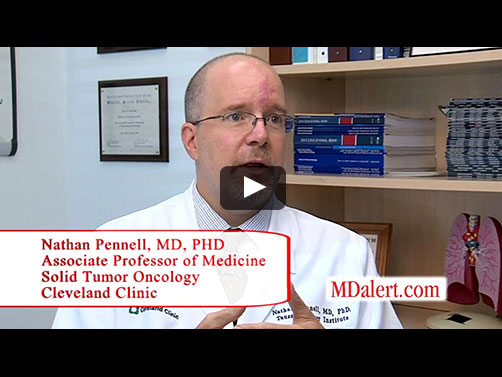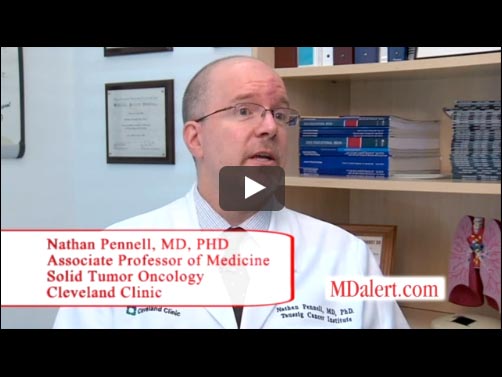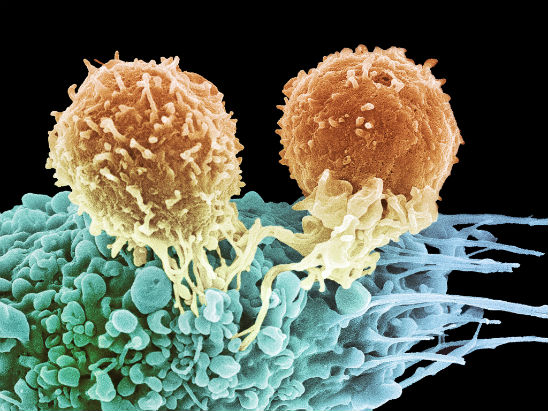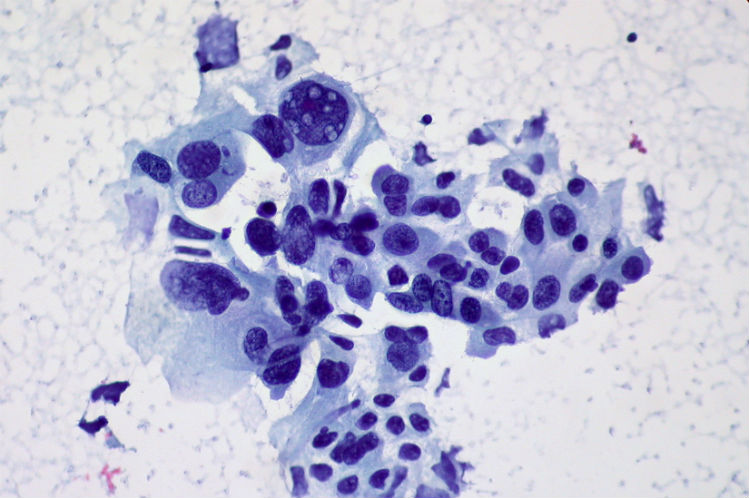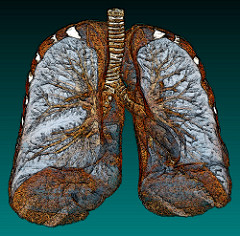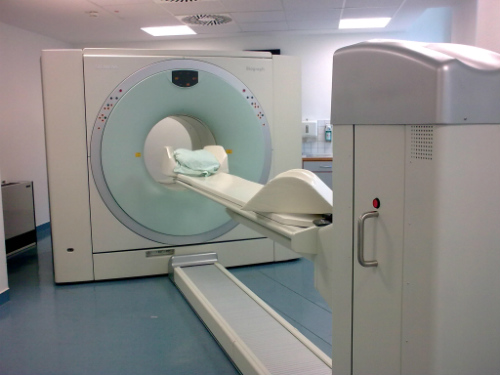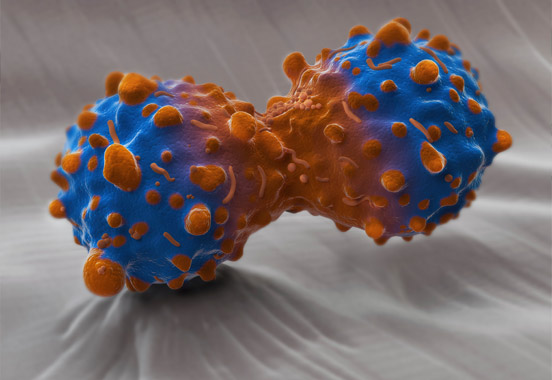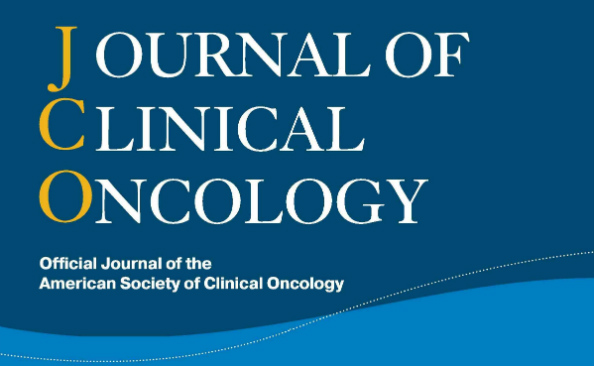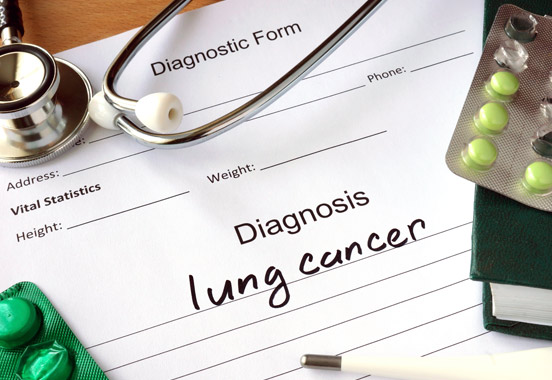Improving Lung Cancer Outcomes
We are watching a revolution in lung cancer care today. This lung cancer microsite is intended to share with our readers expert opinion on new directions in the treatment and management of this traditionally lethal disease.
The End of Systemic Chemotherapy
November 23, 2016Three New Trials Could Change the Course of Lung Cancer Therapy
December 22, 2015Case Study: Oncothermia + Radiotherapy = Complete NSCLC Response at 18 Months
December 21, 2015Absence of pRB Predicts Doubled 5-Year Survival
December 11, 2015If you knew which patients would respond best to chemotherapy, would it change your treatment recommendations? Now, you can.
New ESMO Consensus Conference Guidelines
December 3, 2015Four Radical Studies in Cancer
November 9, 2015Genomics Forces Changes to Standard of Care
November 2, 2015Screening Guidance from 4 Major Societies
October 27, 2015The American Cancer Society, the American College of Chest Physicians, the American Thoracic Society, and the National Comprehensive Cancer Network have all recently issued new clinical guidelines for lung cancer screening.
These 5 Studies Will Change Oncology
October 24, 2015New ASCO Guidelines for Treatment of Stage IV NSCLC
October 21, 2015The American Society for Clinical Oncology (ASCO) has issued a new guideline for the treatment of stage IV non-small cell lung cancer. The new guidelines call for the use of 2 new monoclonal antibodies in patients whose disease has progressed after treatment with a platinum-based therapy.
Lung Cancer Is a Chronic Disease
October 13, 2015Recent dramatic advances in the development of biologic agents and improved surgical techniques for the treatment of lung cancer are creating a cohort of patients who are long-term survivors. Survival is extended when the disease is detected early, but for many patients even advanced lung cancer has become a chronic disease.
Newest Polymorphism Data will Improve NSCLC Outcomes
October 8, 2015The single nucleotide polymorphism (SNP) within the EPAS1 region was linked to significantly improved survival: 28.0 months vs. 52.5 months. A SNP may regulate gene and protein expression and be a determinant of optimal treatment. These data will enable clinicians to more effectively treat lung cancer and to change it from a terminal to a chronic disease.
Non-Small Cell Lung Cancer from the Patient’s Perspective
September 27, 2015Non-small cell lung cancer is one of the more common cancers in the U.S. When asked about their diagnosis and experience with lung cancer, patients focused on several key aspects. Many of them reported that the most common symptoms were pain, dyspnea, and fatigue.
Newer Second-Round Therapies Save Lives
September 2, 2015State-of-the-Art in Lung Cancer Detection, Future Directions
August 31, 2015As healthcare transitions from volume-based to value-based reimbursement, healthcare organizations are under pressure to ensure the delivery of efficient, effective, safe, and high-quality care while containing costs. Hence the demand for performance-based medicine.
Oncology Careers: Knowing When to Make the Right Move
August 31, 2015Oncology practice involves a multidisciplinary team of specialists that includes medical oncologists, surgical oncologists, radiation oncologists, and psychologists.
Cancer Patient Experience Improved with Newer Agents
August 30, 2015Non-small cell lung cancer (NSCLC) is a major cause of cancer death, research into improved and novel options is required. With a combination of surgery, radiation, and now newer agents, oncologists and patients are seeing improved outcomes and improved patient satisfaction scores.

